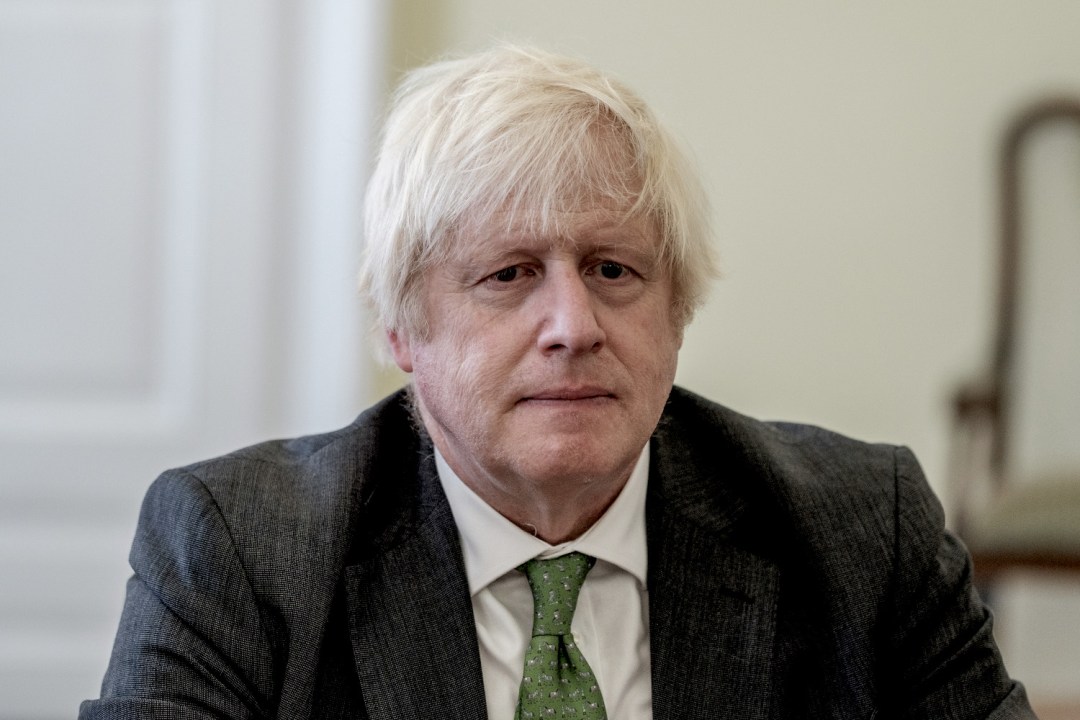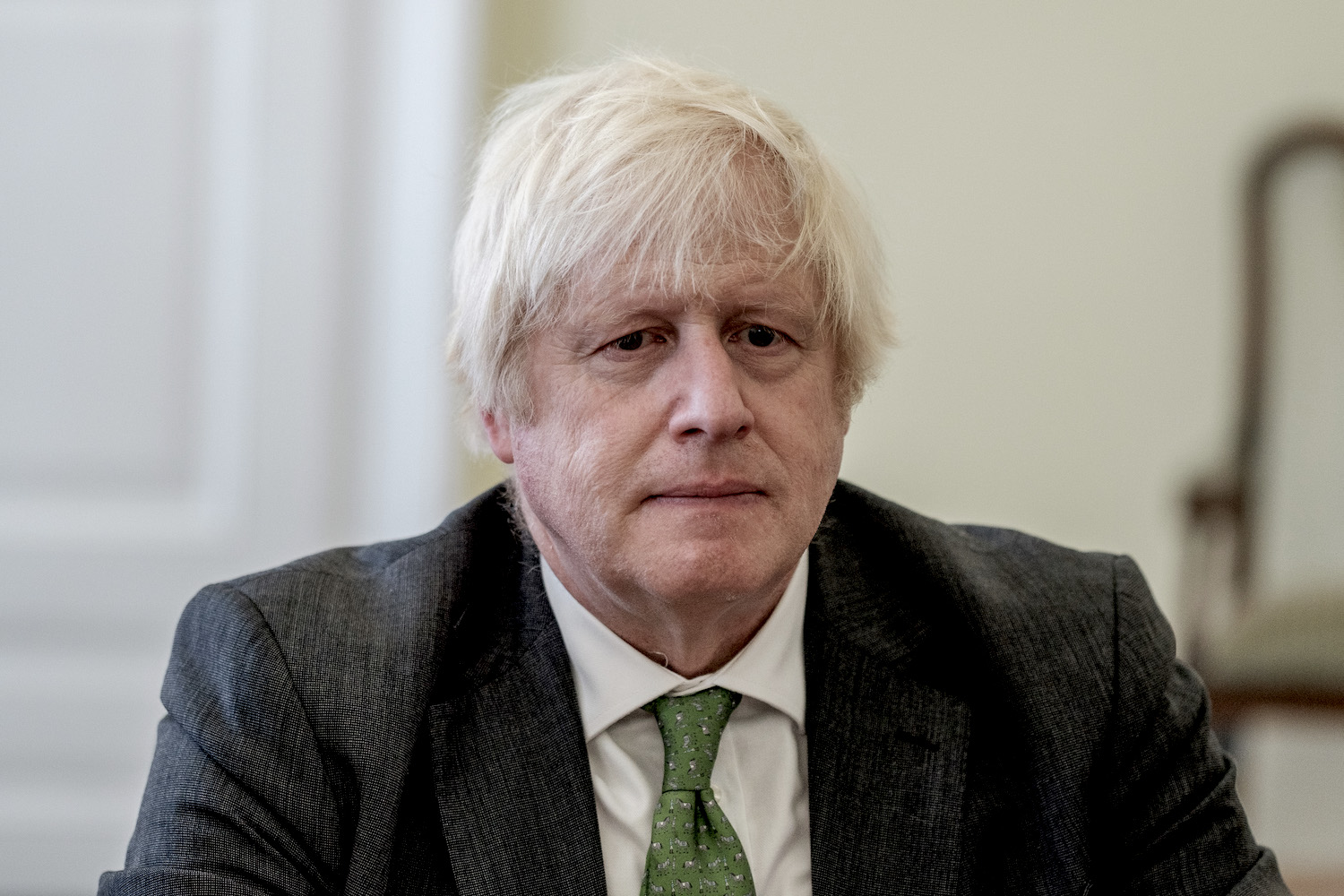This morning Nigel Farage will unveil Reform’s latest policy. The party plans to abolish the status known as indefinite leave to remain (ILR), which allows those who have lived here for more than five years to receive benefits and apply for citizenship. All migrants with permanent residency will have to reapply for visas under stricter criteria, including higher language and salary requirements. Foreign nationals will be barred from accessing benefits. Reform claims this will save £234 billion – though the think tank which produced those figures now suggests a revision is necessary.
The announcement aims to address concerns about the party’s fiscal probity. Farage has previously said that plans to expand the welfare state, by lifting the two-child benefit cap, would be paid for by reasserting the primacy of British nationals’ rights. His move today offers a voter-friendly way of selling spending cuts to the public, by removing benefits from those who are not part of Reform’s electoral coalition. It also serves to neutralise the previous Tory offering on this issue.
Abolishing ILR would have huge ramifications. It would mean that hundreds of thousands of low-earners who have settled in this country would suddenly become liable for deportation. Such radicalism is being framed by the party as more of a restoration than a revolution. Though we will have to wait for the press conference for more details, Farage’s comments suggest that he is talking specifically about the post-2020 trend of mass migration, which he argues can be reversed. To do this effectively he has alighted on one villain in particular: Boris Johnson.
Farage and Johnson have served as the Romulus and Remus of the modern British right
Farage’s comments this morning are notable for how much they go after the ex-PM personally. ‘We have to clean up the mess of Boris Johnson’, he told the Times, ‘or the Boriswave will bankrupt us.’ That term ‘Boriswave’ refers to the huge jump in arrivals unleashed by his government, peaking at 906,000 net arrivals in June 2023. Within Milbank Tower, Reform HQ, there was some satisfaction that the term made it into the Daily Mail too, where Johnson serves as the paper’s star columnist.
The former Prime Minister has long been respected within Reform as a formidable electoral campaigner. But the party has worked to cut off any potential route towards an unlikely Johnson comeback, with onetime allies like Andrea Jenkyns, Jake Berry and Nadine Dorries defecting to Reform. Farage’s attack on the ‘Boriswave’ follows a series of online attacks by Zia Yusuf over the summer, all of which aim to paint Johnson as a failed leader and open-borders champion.
Farage and Johnson have served as the Romulus and Remus of the modern British right: the defeat of one has always been necessary for the victory of the other. Prior to 2016, it was Farage who secured the referendum which put Johnson on the path to No. 10. In 2019, he then went into exile after standing down his forces to enable Johnson’s electoral triumph. Six years later, it is the Boriswave which has made ‘immigration and asylum’ the single biggest issue of public concern.
For Farage – the man who once told Brussels ‘you’re not laughing now’ – it is a reversal of fortunes that his allies hope will ensure that it is he, not Johnson, who enjoys the last laugh.








Comments